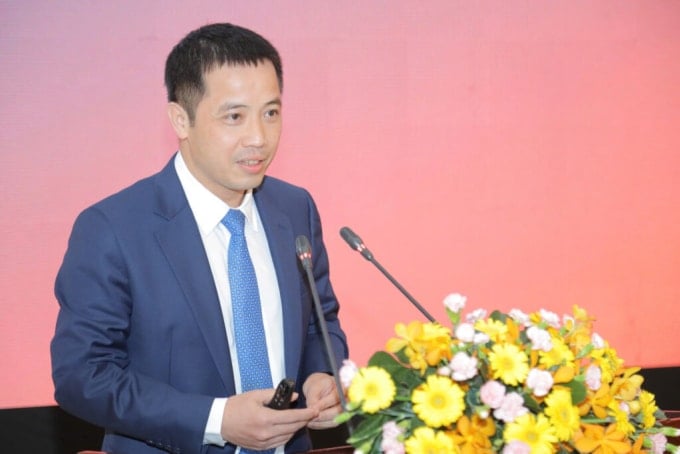
At the workshop "Vietnam's economic picture in 2025 and economic policies that need attention" on the morning of March 25, Mr. Dau Anh Tuan, Deputy General Secretary, Head of the Legal Department of the Vietnam Federation of Commerce and Industry (VCCI), said that encouraging business households to convert to enterprises is one of the contents being discussed in the upcoming Resolution of the Politburo on the private economy.
According to Mr. Tuan, switching to a business model helps business households improve their professionalism and competitiveness. "We can boldly exempt business households from taxes for 3 years to become enterprises," he proposed.
Last week, at a private economic seminar, Dr. Can Van Luc, Chief Economist of BIDV, also proposed exempting income tax for the first 3-5 years for business households converting to micro-enterprises, to nurture revenue sources. At the same time, simplifying establishment procedures and providing support in accounting and management.
Ms. Ly Kim Chi, Vice President of the Ho Chi Minh City Business Association, agrees with the idea of tax support to encourage business households to transform into enterprises. For example, Ho Chi Minh City has about 400,000 business households. Of these, about 230,000 - 270,000 are actually operating. In particular, more than 20,000 households have been operating very effectively and developing sustainably for decades.
"If these households are supported, guided and facilitated to transform into enterprises by tax exemptions and the most minimalist accounting mechanism, the locality will immediately have a very strong force of new enterprises," said Ms. Chi.
The country currently has about 5.2 million business households, contributing more than 24% to GDP and is considered by experts to be the "backbone" in many industries and fields, from industry - agriculture to trade - services, but at the same time is "fragmented". Of these, only about 2.1 million households are registered to do business and pay taxes in full.
The remaining 3 million households have not registered and mainly pay lump-sum tax. According to Mr. Luc, the lump-sum tax mechanism is quick and concise, but not transparent, easily leading to budget losses and creating a "request - grant" mechanism. Therefore, it is necessary to encourage business households to convert into enterprises.
Commenting on the private economy in general , Mr. Dau Anh Tuan assessed that despite many support policies, this sector still faces many limitations such as small scale, lack of leading enterprises, weak linkages and competitiveness, although it accounts for about 51% of GDP, 80% of the total number of workers in the economy and contributes more than 30% of the budget.
Therefore, according to Mr. Tuan, one of the solutions the Resolution is discussing is to identify the private sector as the most important driving force of the economy. Creating more favorable conditions for this sector will contribute significantly to overall growth.
According to the orientation, in addition to encouraging business households to transform into enterprises, the upcoming policy will set out specific strategies and support for each group of private enterprise sizes.
In particular, large enterprises solving big problems and national programs can enjoy the "ordering" and "green channel" mechanisms for key projects, prioritizing strategic industries such as AI and semiconductor chips. Small and medium enterprises take advantage of quantity, diversity, and adaptability to form a chain of links. They will receive financial support, investment funds, FDI connections, and exports.
Speaking at the High-Quality Vietnamese Goods 2025 Announcement Ceremony on the afternoon of March 25, Ms. Nguyen Thi Le, Chairwoman of the Ho Chi Minh City People's Council, said that the private sector accounts for 77% of the local economic structure. In 2024, more than 67% of the total social investment capital of more than VND395,000 billion in the area will come from the private sector.
Ms. Le said the economic locomotive is committed to implementing the orientation of perfecting the full market economy institution, minimizing administrative intervention, eliminating the "ask-give" mechanism, promoting healthy competition and especially "removing all barriers, not discriminating between economic sectors".
The city is also building institutions to support businesses such as the Innovation Center, Digital Transformation Center, and Industry 4.0 Center to accompany and support businesses in improving productivity, competitiveness, and implementing green transformation and digital transformation, according to Ms. Le.
VN (according to VnExpress)Source: https://baohaiduong.vn/de-xuat-mien-thue-3-nam-cho-ho-kinh-doanh-len-doanh-nghiep-408056.html




![[Photo] French President Emmanuel Macron and his wife begin state visit to Vietnam](https://vphoto.vietnam.vn/thumb/1200x675/vietnam/resource/IMAGE/2025/5/25/03b59c7613144a35ba0f241ded642a59)
![[PHOTO] Hanoi fences off demolition of "Shark Jaws" building](https://vphoto.vietnam.vn/thumb/1200x675/vietnam/resource/IMAGE/2025/5/25/1b42fe53b9574eb88f9eafd9642b5b45)
![[Photo] Ea Yieng commune settlement project abandoned](https://vphoto.vietnam.vn/thumb/1200x675/vietnam/resource/IMAGE/2025/5/25/57a8177361c24ee9885b5de1b9990b0e)





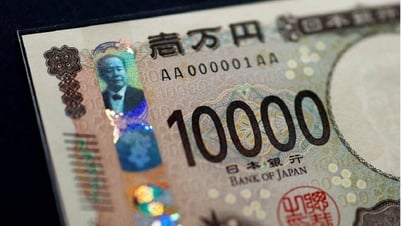





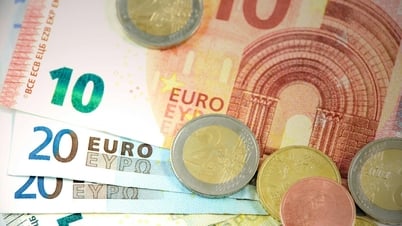






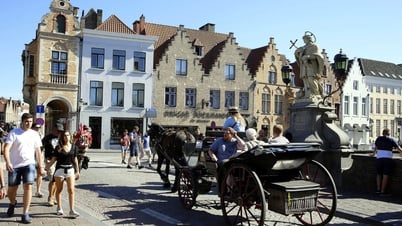
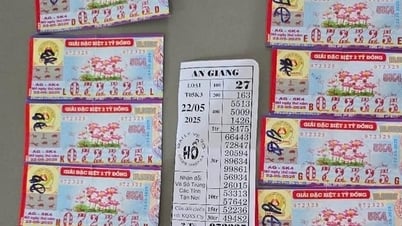


![[Photo] Funeral of former President Tran Duc Luong in Quang Ngai](https://vphoto.vietnam.vn/thumb/1200x675/vietnam/resource/IMAGE/2025/5/25/ccf19a3d8ea7450bb9afe81731b80995)














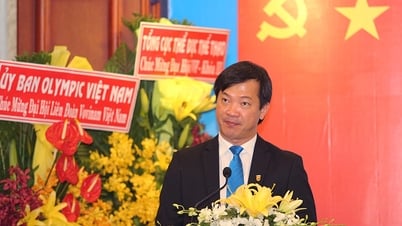
















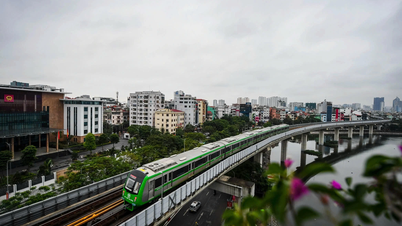


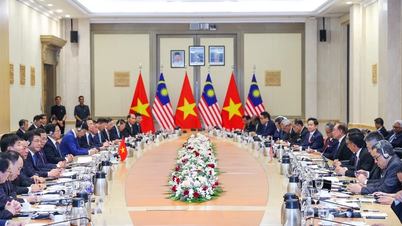

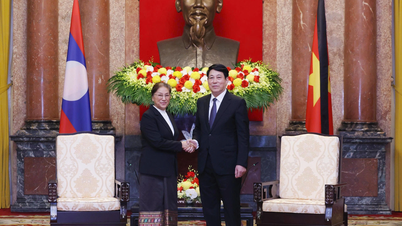
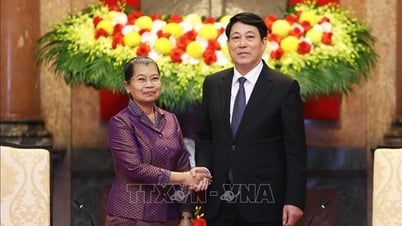

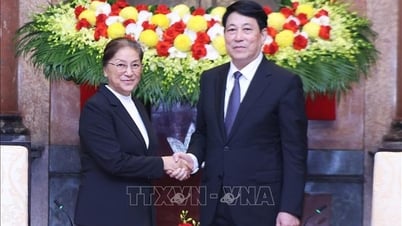











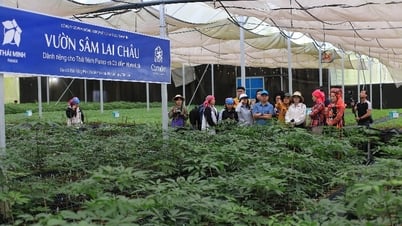










Comment (0)